Life
Sign up for our newsletter
We summarize the week's scientific breakthroughs every Thursday.
-
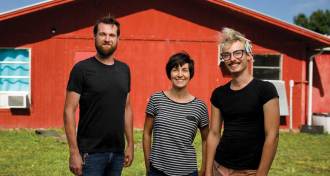 Agriculture
AgricultureCan Silicon Valley entrepreneurs make crickets the next chicken?
Entrepreneurs are bringing automation and data analysis to insect agriculture to build a profitable business that helps feed the planet.
By Susan Milius -
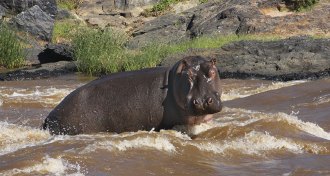 Animals
AnimalsHippo poop cycles silicon through the East African environment
By chowing down on grass and then excreting into rivers and lakes, hippos play a big role in transporting a nutrient crucial to the food web.
-
 Health & Medicine
Health & MedicineA mysterious dementia that mimics Alzheimer’s gets named LATE
An underappreciated form of dementia that causes memory trouble in older people gets a name: LATE.
-
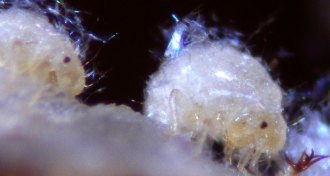 Animals
AnimalsHow aphids sacrifice themselves to fix their homes with fatty goo
Young aphids swollen with fatty substances save their colony by self-sacrifice, using that goo to patch breaches in the wall of their tree home.
By Susan Milius -
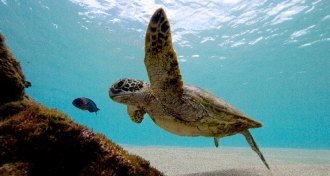 Animals
AnimalsEndangered green sea turtles may be making a comeback in the U.S. Pacific
The numbers of green sea turtles spotted around Hawaii, American Samoa and the Mariana Islands have increased in the last decade.
By Maanvi Singh -
 Microbes
MicrobesA global survey finds that the Arctic Ocean is a hot spot for viruses
Scientists mapped virus diversity around the world’s oceans. That knowledge may be key to making better climate simulations.
By Jeremy Rehm -
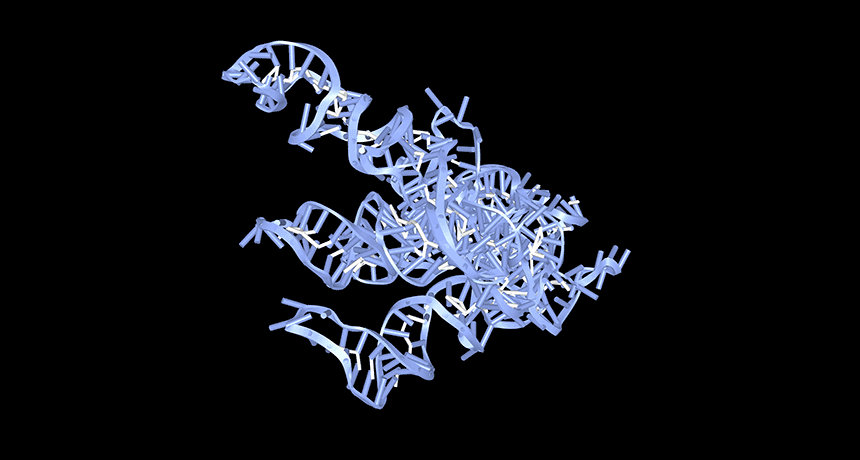 Genetics
GeneticsA lack of circular RNAs may trigger lupus
Researchers close in on how low levels of a kind of RNA may trigger lupus — offering hope for future treatments for the autoimmune disease.
-
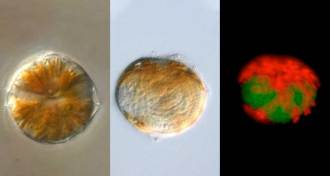 Genetics
GeneticsA marine parasite’s mitochondria lack DNA but still churn out energy
Missing mitochondrial DNA inside a parasitic marine microbe turned up inside the organism’s nucleus.
-
 Health & Medicine
Health & MedicineA neural implant can translate brain activity into sentences
With electrodes in the brain, scientists translated neural signals into speech, which could someday help the speechless speak.
-
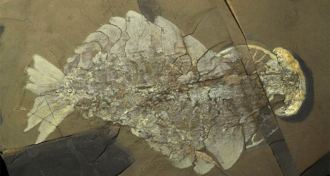 Life
LifeSee beautiful fossils from top Cambrian sites around the world
Troves of Cambrian fossils are known at more than 50 places around the world. Here are five standout spots.
-
 Life
Life‘An Elegant Defense’ explores the immune system’s softer side
The lives of four people helped or harmed by their body’s natural defenses illustrate why immunology has become one of the hottest fields in science.
-
 Planetary Science
Planetary ScienceReaders ponder Opportunity’s future, animal consciousness and more
Readers had questions about NASA’s Opportunity rover, pollen shapes and more.